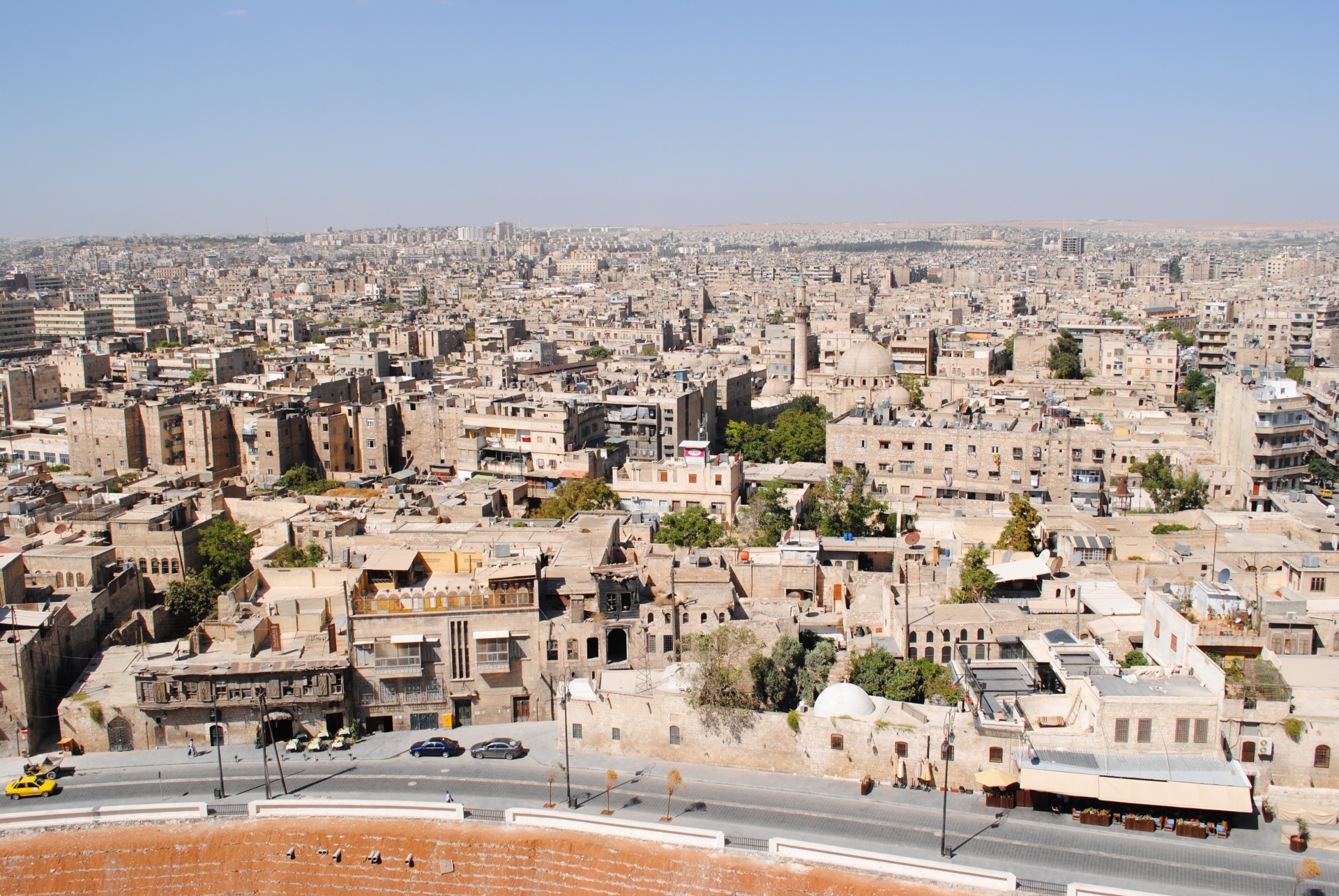
Looking at the Syrian conflict, now in its eighth year, it is difficult to see any silver lining. What began as a series of peaceful protests has deteriorated into a civil war, devastating the country and drawing in many world powers and neighboring states.
The result has been one of the worst humanitarian crises since World War II—an estimated half a million Syrians have now been killed, nearly half of the country’s population is displaced either internally or abroad, and those who remain to continue to face violence, food shortages, and instability.
The weakness or absence of the Assad government in many areas of Syria created a power vacuum that has empowered extremist groups such as the Islamic State and Hayat Tahrir al-Sham, but it is in that same gap that moderate and democratic Syrians have been able to carve out some small victories. In the early days of the revolution, a system of local and provincial councils emerged to provide order and basic services in opposition-controlled areas. Civil society organizations have begun to fill a similar role in many areas of the country, helping to direct international aid to local communities, keeping schools and hospitals running, and working to protect civilians under siege. In the cities and towns where councils are freely elected, they represent Syrians’ first experience with democratic governance—after years of autocratic Baathist rule, Syrians are beginning to elect their local leaders and make their voices heard on the issues that matter to them.
The decentralization of governance has also opened new opportunities for women. Since the beginning of the conflict, Syrian women have been instrumental in the administration of humanitarian aid and public services in their communities. Though still excluded from decision-making at the highest levels of opposition politics, Syrian women have distinguished themselves in the civil society sphere and have begun to make inroads in local governance, earning seats on local and provincial councils, advocating on women’s issues at the local level, and supporting their fellow women in running for local office. Women-led civil society organizations throughout Syria are educating their fellow citizens on the importance of including women in politics and public life, conducting much-needed civic education and pre-election awareness activities, and holding forums to connect local leaders with their constituents. As the conflict continues, women are taking an increasing role in laying the groundwork for a democratic Syria.
These local institutions are by no means perfect. In many areas, local and provincial councils are not elected but instead chosen by local military, religious, and tribal authorities. And while some councils have been operating for years, many remain primarily focused on service delivery and are not prepared to take on a political role in their communities. As local militias have increased since the beginning of the war, many councils find their authority undermined, and in areas where local government is dominated by elites and armed actors, opportunities for women are few. Further, these local structures are heavily reliant on funding from foreign donors, and with limited funding comes a limited capacity to address the issues that matter to their constituents.
Still, the councils are a valuable structure in a chaotic environment. Even in some regime-controlled areas, the Syrian government has legalized local councils and allowed them to continue operating—motivated, potentially, by the regime’s own inability to directly govern all of the territories it holds. Spread precariously thin, the Assad regime’s diminished forces have come to rely more and more on local loyalist militias and foreign allies, and day-to-day administrative duties and service provision have fallen to formal and informal structures at the local level. However, the broader conflict is resolved, the local institutions that sprang up during the revolution may remain, in many areas, the only viable mechanism to address citizens’ basic needs.
The war in Syria still seems far from a resolution, and talks at Geneva, Astana, and Sochi have yielded no meaningful results. As the international community seeks a way forward, the progress that opposition areas have made towards self-governance and women’s inclusion must be preserved. These local governance institutions and civil society organizations, which have kept Syrian communities afloat through eight years of civil war, can form the foundation for a democratic future, but only if they are legitimized, supported, and protected. Any political solution must include and prioritize these groups if it is to have any chance of promoting lasting peace and democracy in Syria.
Top